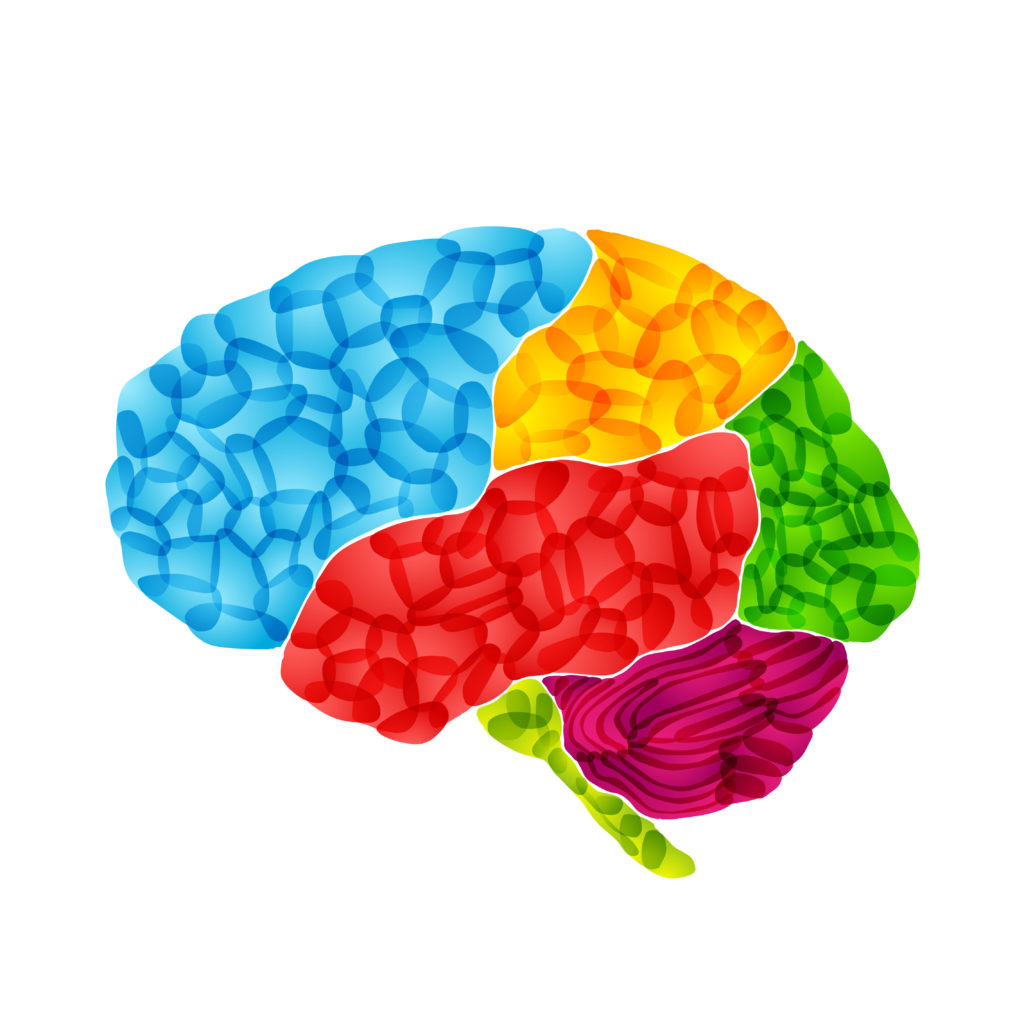
Sleep Deprivation: Cognitive Function and Health Consequences
Issues such as the poor economy and smaller work forces are leading more people to work longer hours. Many exercise professionals train clients who work in the fields of health, technology, security, medicine, computer programming, food services and transportation, which often require working evenings and/or night shifts. These professions, and many others, may disturb sleep patterns, compromising cognitive performance and leading to serious health consequences.
It has been shown that night-shift workers have poorer sleep, reduced performance and alertness, and higher accident rates compared with those who work during the day (Rajaratnam & Arendt 2001). This article will describe the types and stages of sleep and discuss the deleterious effects of sleep deprivation on cognitive performance and health.
The two main types of sleep are rapid-eye-movement (REM) sleep and non-REM sleep (WebMD 2010). During the night, sleep patterns repeat cyclically, moving sequentially through four stages of non-REM sleep, each of which is followed by REM sleep.
REM sleep, which is about 20% of total sleep, initially lasts about 10 minutes and lengthens with each subsequent cycle, lasting up to an hour in the last phase (WebMD 2010).
During REM sleep the eyes move rapidly back and forth and the body’s muscular contraction activity is minimal. Keenly remembered and very visual dreams occur during REM sleep. Heart rate and blood pressure increase, while breathing rate becomes irregular and shallow. Interestingly, REM sleep increases when people are learning a new task, and REM sleep deprivation will interfere with the learning process (Hobson 2009).
During non-REM sleep, dreams are less emotional and there are fewer visual-impression dreams than during REM sleep. Stage 1 of non-REM sleep is the transition to sleep, which lasts about 5 minutes. This often feels like going in and out of sleep. Stage 1 is also when sleepers experience sudden, jerky movements or muscle twitches, referred to as hypnic myoclonic jerks (WebMD 2010).
Stage 2 of non-REM sleep lasts about 10–25 minutes. During this “light sleep” stage, heart rate slows down, body temperature decreases and brain wave activity slows down as the body prepares for deeper sleep.
Stage 3 of non-REM sleep is often referred to as the first stage of deep sleep. It is during this stage that it is difficult to wake a sleeper, and if awakened, the person will feel disoriented for several minutes. During stage 3, brain wave activity alternates between slow- and fast-wave activity, and blood flow goes to parts of the body needing restorative function.
Stage 4 is the deepest state of sleep. Brain wave activity is mostly delta waves, which are the brain’s slowest-frequency waves (beta, alpha and theta are the other wave categories).
Most adults average about 7–8.5 hours of sleep each day (Alhola & Polo-Kantola 2007). Alhola and Polo-Kantola add that sleep serves as a restorative process for energy resources, tissue recovery, thermoregulation and cognitive function. Sleep deprivation, which can be either acute or chronic, is the condition of not having enough sleep (see Figure 1 for the signs).
In acute total sleep deprivation studies, subjects are kept awake continuously, generally for 24–72 hours. In chronic partial sleep deprivation research, subjects’ sleep time is restricted over the course of several consecutive nights. Chronic partial sleep deprivation is the more common of the two and is highly associated with real-life conditions for most people.
Chronic and acute sleep deprivation negatively impact thinking and learning. There is a loss of attention and alertness (Kilgore 2010), which involves a series of lapses or slowed responses, leading to waking-state instability in several cognitive processes, such as working memory (the temporary retention process of holding several pieces of information together in order to solve a problem or do a task) (Alhola & Polo-Kantola 2007).
Kilgore adds that sleep loss appears to affect some aspects of cognition more than others. For instance, creative and innovative mental processing appear to be much more negatively impaired than decision making and planning (Kilgore 2010). Alhola and Polo-Kantola observe that acute sleep loss can also impair reaction time, memory assignments, visuomotor skills and reasoning skills. Rajaratnam and Arendt (2001) note that vehicle accidents peak between 2:00 and 6:00 am, when drivers are more likely to be suffering from acute sleep deprivation (as well as other conditions such as alcohol and drug use).
Cardiometabolic disease is a cluster of health abnormalities that include insulin resistance, hypertension, atherosclerosis and abnormal cholesterol—conditions that predispose a person to type 2 diabetes and cardiovascular disease (Knutson 2010). In reviewing the research, Knutson found several studies demonstrating that people who get less than 6 hours of sleep a night have a higher association with having or getting these serious maladies.
Chronic sleep loss will activate the body’s sympathetic nervous system, which can lead to increases in blood pressure and cortisol secretion (Alhola & Polo-Kantola 2007). Cortisol has been shown to stimulate appetite and activate lipoprotein lipase, the enzyme that facilitates the deposition of fat, thus leading to weight gain (Björntorp 2001). >>
Alhola & Polo-Kantola add that chronic sleep loss may impair immune function as well. The immune system has many different types of cells and proteins designed to protect the body from foreign substance invaders, such as colds and the flu. However, with sleep deprivation the immune system may function improperly, making the body more vulnerable to these ailments. Figure 2 shows the effects of sleep loss on health.
The importance of quality sleep should be part of the exercise professional’s common message to clients attempting to achieve optimal health. Good sleep can help clients effectively solve problems, be innovative and creative, cope successfully with stress, impede the onset of weight gain and be more alert and productive during the waking day.
Sources: Figure 1: HelpfulGuide.org; Figure 2: Adapted from Knutson 2010.

